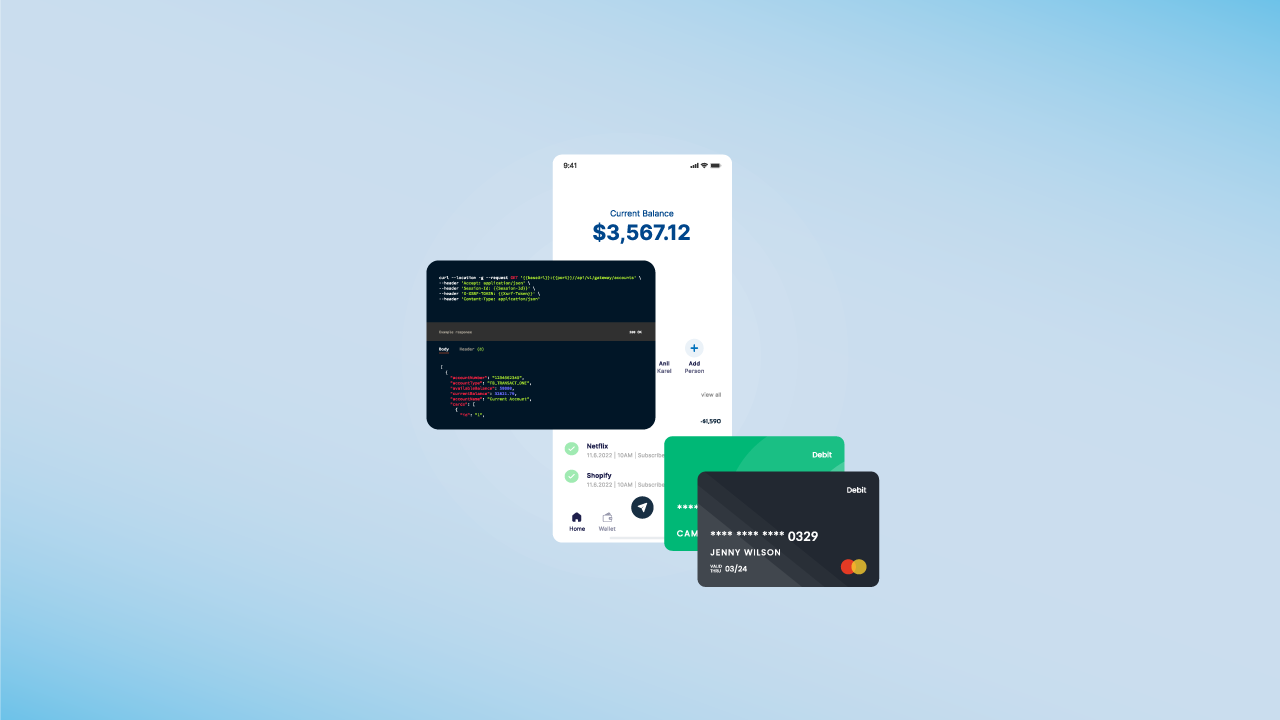
December 13, 2023

December 13, 2023
December 13, London: Open banking and Embedded Finance platform, FutureBank, has announced a partnership with leading global issuer-processor, Paymentology, to provide banks and fintechs with streamlined integration to modern card issuing and processing technology, enabling instant issuance of virtual cards.
Paymentology provides banks, fintechs and telcos with the technology to issue and process any type of physical or virtual card through its multi-cloud Platform, offering both shared and dedicated processing instances. The company operates in over 50 countries bringing a deep, local market knowledge across 14 time zones.
FutureBank, is an open banking platform and fintech marketplace that helps banks, brands and fintechs integrate new banking and financial service products into their core systems and deploy them at scale with minimal cost and effort.
FutureBank has now joined forces with Paymentology to solve a critical business need in the financial services world. The collaboration of the two companies enables instant issuance of virtual cards even for financial institutions constrained by their core legacy banking systems, offering traditional banks a digital edge and speed without the need for a major replacement.
Instant issuance a game changer
One of the payment challenges facing banks and fintechs globally is the capability to issue card payment instantly to their customers, individuals and businesses alike. Yet today, legacy core banking systems work in batch environments, while modern fintech use cases and user journeys require near real time responses. FutureBank and Paymentology tackle this issue at its source by enabling instant insurance through deep integration of both platforms, allowing for both virtual and physical cards to be available for use immediately upon request. Instant issuance allows financial institutions to print their customers' payment cards at the time of onboarding and order, or display them instantly as virtual cards onto a mobile phone.
“The partnership solved an acute pain point. Paymentology’s platform enables instant issuance of tokenised cards, with easily configurable controls, and FutureBank’s integration capabilities into a range of existing core systems, enables issuers to accelerate product development velocity in co-existence with their legacy systems. This combination enables even the most legacy of core banking infrastructures to participate in the modern payment ecosystem," says Sergio Barbosa, CEO of FutureBank.
Keeping cards top of wallet
“Allowing institutions to instantly produce and activate cards meets the growing expectation of younger and digitally-savvy customers who are used to services on-demand. If customers can open an account on a digital platform in a matter of minutes, why would you make them wait days or sometimes weeks to receive their payment card? Instant issuance is a valuable addition to the customer journey that banks, retailers and MNOs are striving towards. The goal, after all, is to get your customer securely transacting as fast as possible,” Barbosa shares.
“Banks and fintechs globally reach out to Paymentology with a consistent problem statement: They are under pressure to keep up with more agile competitors, who are developing products faster, and are capturing market share. Examples include payment via mobile phone, wearable payment devices, targeted loyalty programs, and digital onboarding.
The partnership with FutureBank will facilitate digital first product rollouts on top of existing core architecture, reducing cost, complexity, and risk on their path to modernisation,” says David Oppenheim, Global Head of Ecosystem Partnerships at Paymentology.
The two companies have already tested their partnership on several customers in the EMEA region, including the launch of a neobank and the modernisation of an existing legacy bank.



